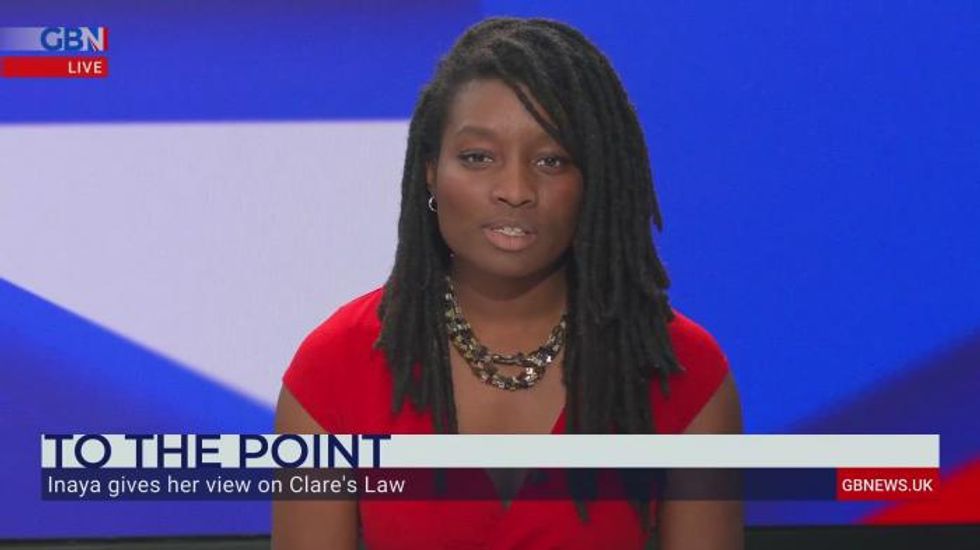Don't Miss
Most Read
Trending on GB News
According to the Office of National Statistics, almost one in three women aged 16-59 will experience domestic abuse in their lifetime.
In 2013-14, the police recorded more than 800,000 domestic abuse incidents in England and Wales. 80 women were killed by a current or ex-partner between April 2018 and March 2019 – a 27 per cent increase on the year before.
Two women a week are killed by a current or former partner in England and Wales alone.
In 2009, Clare Wood, was murdered by her ex-boyfriend who had a history of violence against women. Named after her and in response, Clare’s Law was introduced, a scheme designed to protect women from new partners with a history of violence. The scheme designates several ways for police officers to disclose a person's history of abusive behaviour to those who may be at risk from such behaviour.
It has two main elements: a 'right to ask', which allows members of the public, including a domestic partner, to request information from the police about a potential abuser; and a 'right to know', which, in certain circumstances, permits police to disclose such information to the public on their own initiative.
It was reported by Bolton News this year that more than 1,000 requests for information about potential abusers were handled by Greater Manchester Police in a year. The Lancashire Post reported similarly that more than 1,000 requests for information about potential abusers were handled by Lancashire police in a year - which gives an indication of the scale of the problem.
However, today, policing watchdog Her Majesty’s Inspectorate of Constabulary and Fire & Rescue Services stated that Clare's Law, was used so differently by individual forces it amounted to a postcode lottery. And too often, said the inspectors, police were neither working closely enough with colleagues from other agencies nor giving the threat of violence the resources it deserved.
Zoe Billingham, HM Inspector of Constabulary, said chiefs had to "get a grip".
"When you look at the hierarchy of priorities within police forces, very often violence against women and girls doesn't actually feature as the top three," she said.
"Given the scale of the epidemic, it's vital that it does."
The in-depth examination of the police response to violence against women and girls from the watchdog found “problems, unevenness and inconsistencies” in dealing with the “epidemic” of violence against female victims in England and Wales.
This is fundamentally unacceptable. Violence against women must be a fundamental priority and it doesn't emerge out of the blue. We need a conversation about the relationship between violence, gender and inequality - there are behaviour patterns that can be spotted.
We need public services that are properly resourced and equipped to respond to this scourge, services that cater to different women's needs. It cannot solely be state-led but must look at a range of preventative community-oriented solutions.
And just as importantly, we need leadership and champions across every part of public life or this horrendous problem will continue to go under-addressed.











